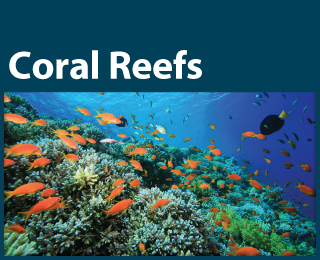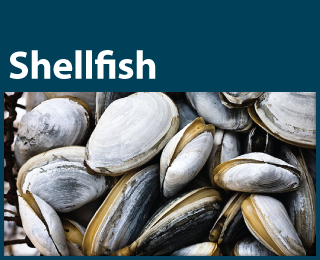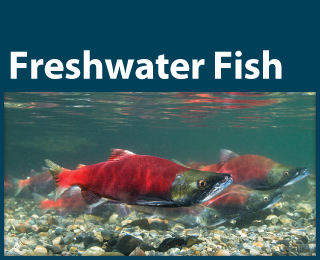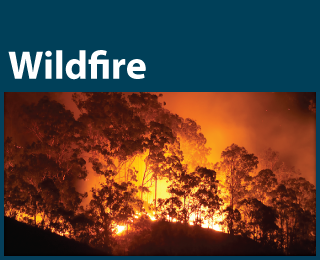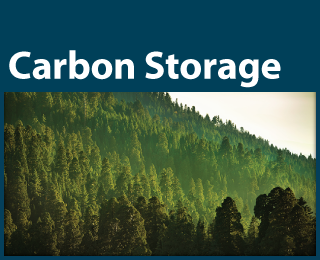Climate Action Benefits: Ecosystems
An ecosystem is a community of organisms interacting with each other and their environment. People, animals, plants, microbes, water, and soil are typical components of ecosystems. We constantly interact with the ecosystems around us to derive and maintain services that sustain us and contribute to our livelihoods. Clean air and water, habitat for species, and beautiful places for recreation are all examples of these goods and services. With the diversity of ecosystem types in the U.S. being so great – from the tidal marshes of the East Coast to the desert valleys of the Southwest to the temperate rainforests of the Pacific Northwest – climate change is likely to fundamentally alter our nation’s landscape and natural resources.1
How are ecosystems vulnerable to climate change?
Ecosystems are held together by the interactions and connections among their components. Climate is a central connection in all ecosystems. Consequently, changes in climate will have far-reaching effects throughout Earth’s ecosystems. Climate change can affect ecosystems and species in a variety of ways; for example, it can lead to changes in the timing of seasonal life-cycle events, such as migrations; habitat shifts; food chain disruptions; increases in pathogens, parasites, and diseases; and elevated risk of extinction for many species.2 Climate change directly affects ecosystems and species, but it also interacts with other human stressors on the environment. Although some stressors cause only modest impacts by themselves, the cumulative impact of climate and other changes can lead to dramatic ecological impacts. For example, coastal wetlands already in decline due to increasing development will face increased pressure from rising sea levels.
What does CIRA cover?
CIRA analyzes the potential benefits of global GHG mitigation on coral reefs and freshwater fisheries in the U.S., focusing on changes in recreational use of coral reefs and recreational fishing. This section also examines the projected impacts of ocean acidification on the U.S. shellfish market. Lastly, CIRA quantifies the physical and economic impacts of climate change on wildfires and terrestrial ecosystem carbon storage. Climate change will affect many species and ecosystems beyond what is explored in this report; consequently, CIRA captures only a glimpse of the potential benefits of GHG mitigation on this sector.

